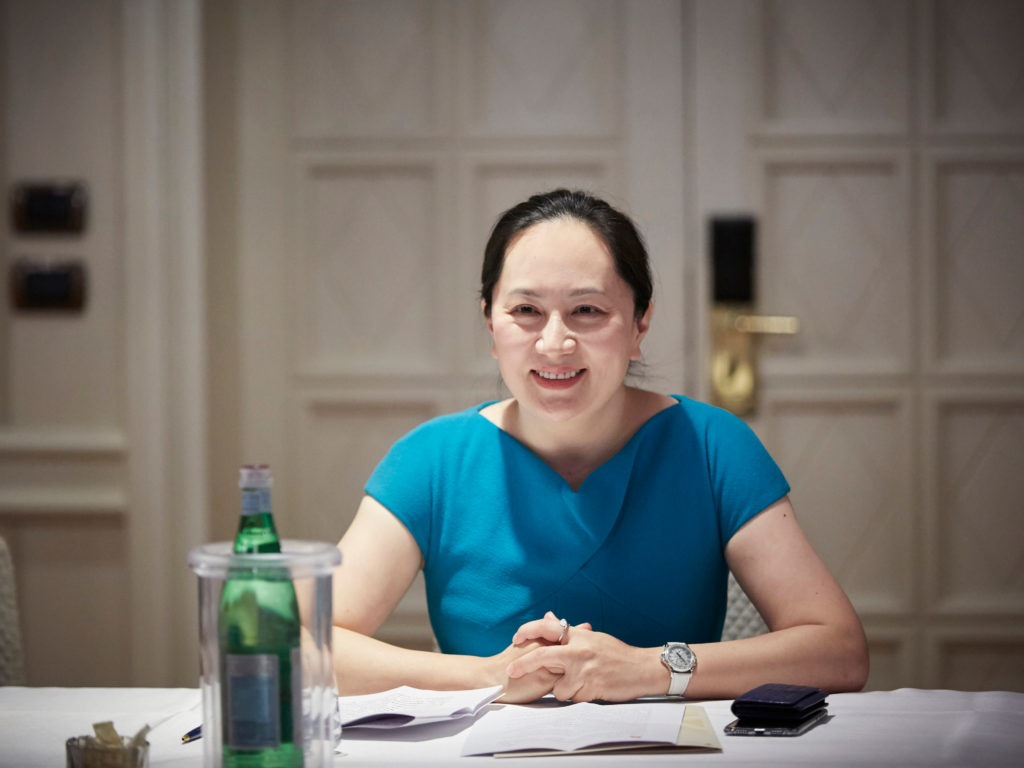
On 28 January 2019, we reported that Huawei CFO, Meng Wanzhou, had been subject to an extradition request from the US. You can find more about the background to the case here.
Section 3 of the Canadian Extradition Act 1999 (“EA 1999”) provides that a person may be extradited under the Act if:
• an extradition agreement between Canada and the state issuing the extradition request exists; and
• the conduct that is the subject of the extradition request is a crime in both Canada and the issuing state.
According to Section 5 of the EA 1999, a person may be extradited:
• regardless of whether the conduct on which the request is based occurred in the territory over which the issuing state has jurisdiction; and
• regardless of whether Canada could exercise jurisdiction in similar circumstances.
The Treaty on Extradition Between the Government of Canada and the Government of the United States of America (“the Treaty”) lists the offences for which a person may be extradited from Canada to the US.
Ms Wanzhou is wanted in the US because she allegedly misrepresented the nature of the relationship between Huawei and Skycom Tech Co. Ltd (“Skycom”) so that Skycom could induce various financial institutions to process approximately $100 million worth of Iran-related transactions in violation of U.S. trade sanctions against Iran.
If the US authorities had only accused Ms Wanzhou of violating US trade sanctions against Iran, she may have been able to resist extradition on the grounds that s3 EA 1999 had not been met because the conduct which allegedly violated US trade sanctions does not amount to a criminal offence in Canada, because Canada does not impose the same sanctions on Iran as the US does.. However, the conduct that the US describes in the extradition request could also amount to bank fraud, which would satisfy the dual criminality test.
Ms Wanzhou may also be able to resist extradition on the ground that the extradition request is sought for political reasons. This argument may be supported by the fact that President Trump has publicly stated that he would be willing to “intervene” in the case if it would help him establish a new trade deal with China.
Categories: Canada, Hong Kong, United States



Recent Comments